
From the Deputy Director of FSSAI and representatives of food/food processing companies to quality control heads and hygiene managers, this seminar saw inputs from everyone concerned with food safety.
The conversation on the impact of FSSAI saw lively debates, and a better understanding emerged of the role of the regulatory body.
The latest processes and technologies to protect food from contaminants and guarantee food quality were discussed. Safeguarding the integrity of food and food products even once they have left the controlled environment of the processing factory or the restaurant kitchen is also essential, was the theme of the session on revolutionising last mile delivery.
The need of the hour is to use digitalised services that are customer-centric and offer sustainability. It helps in ensuring the 5 Es: Efficiency, Effectiveness, Economical, Ethical, Environment-friendly. This encompasses people, products, processes and practices.
In the final sessions, guidelines for vendor assessment, evaluation and compliances were discussed.
 CIJConnect Bot-enabled WhatsApp
CIJConnect Bot-enabled WhatsApp











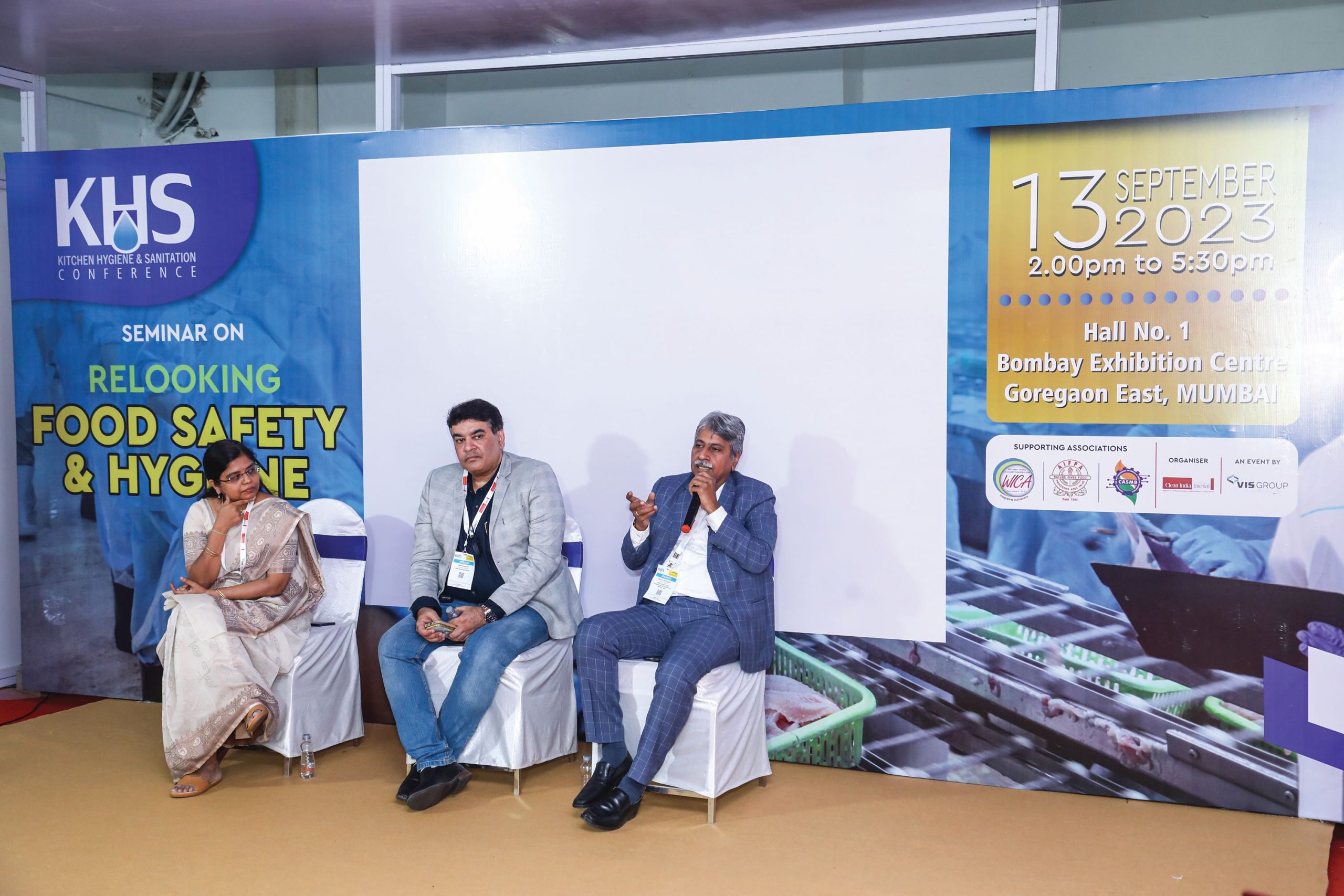
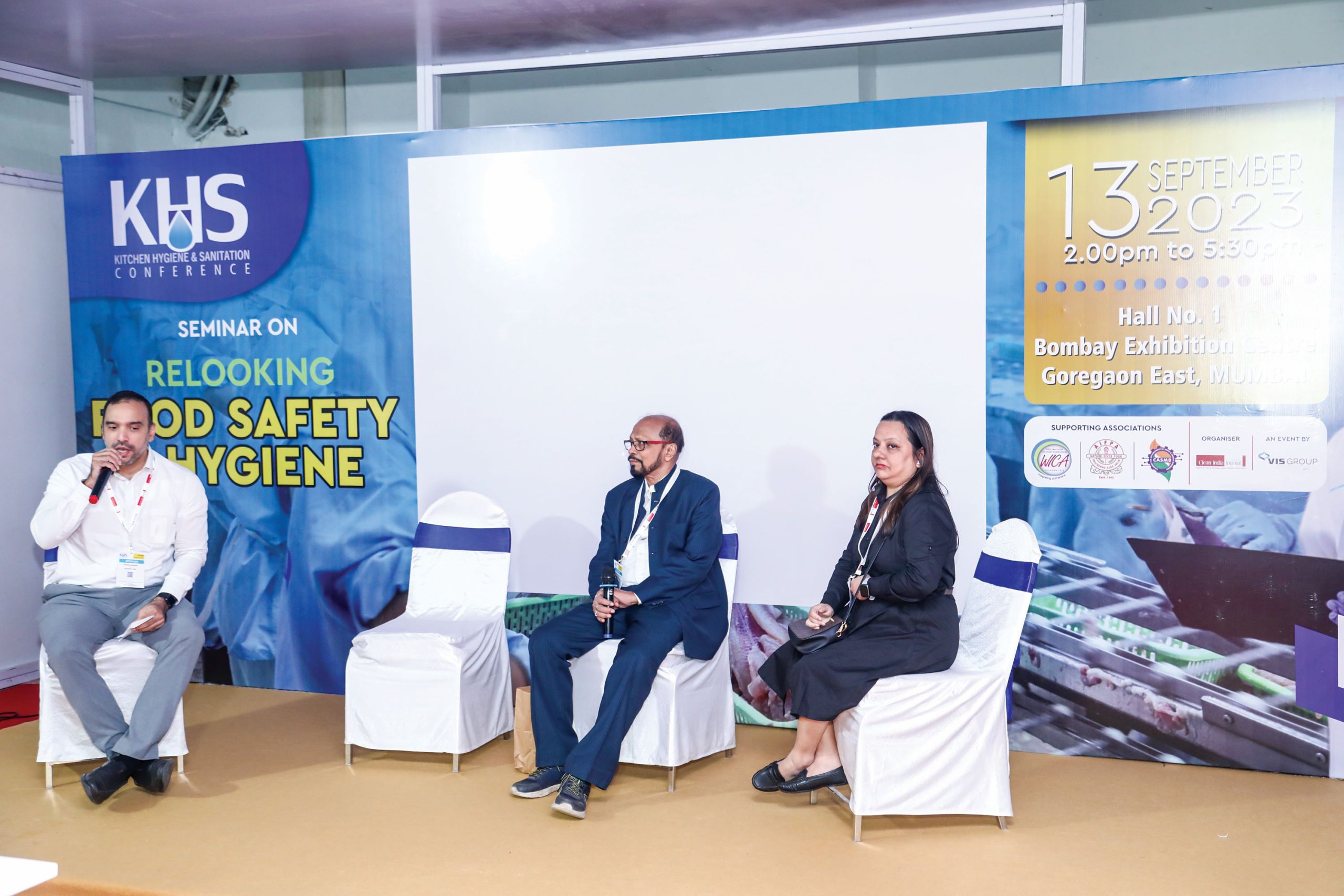
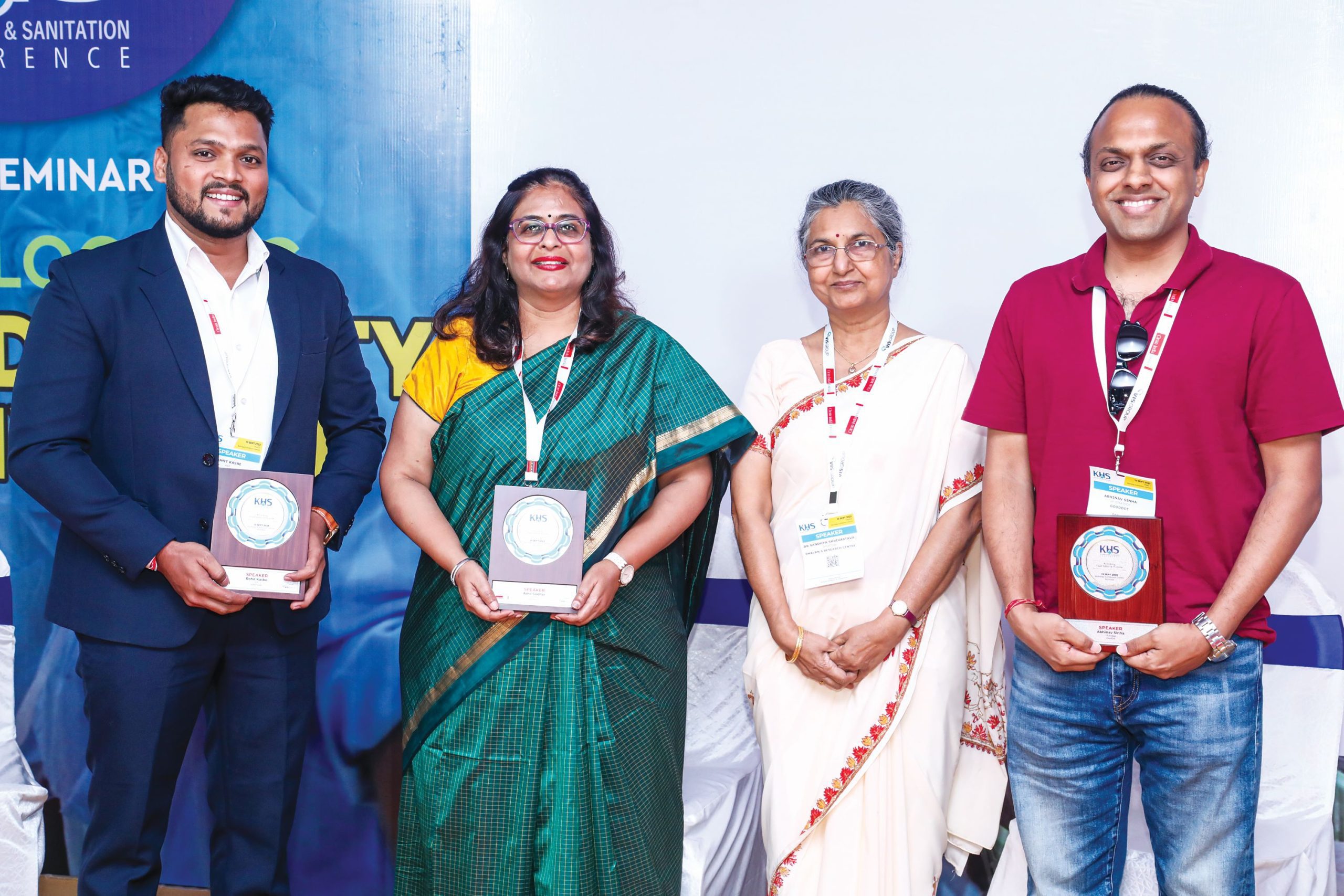

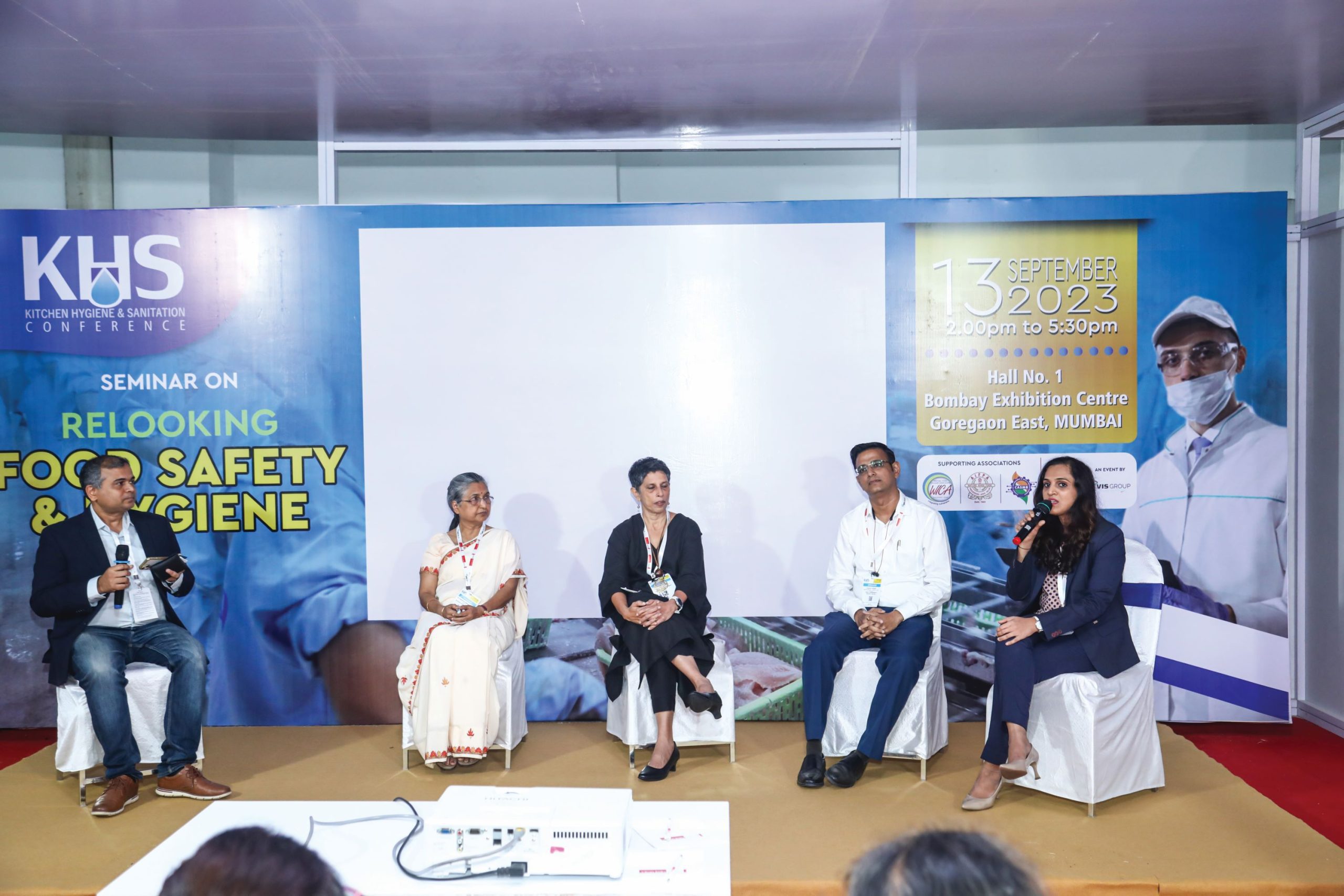
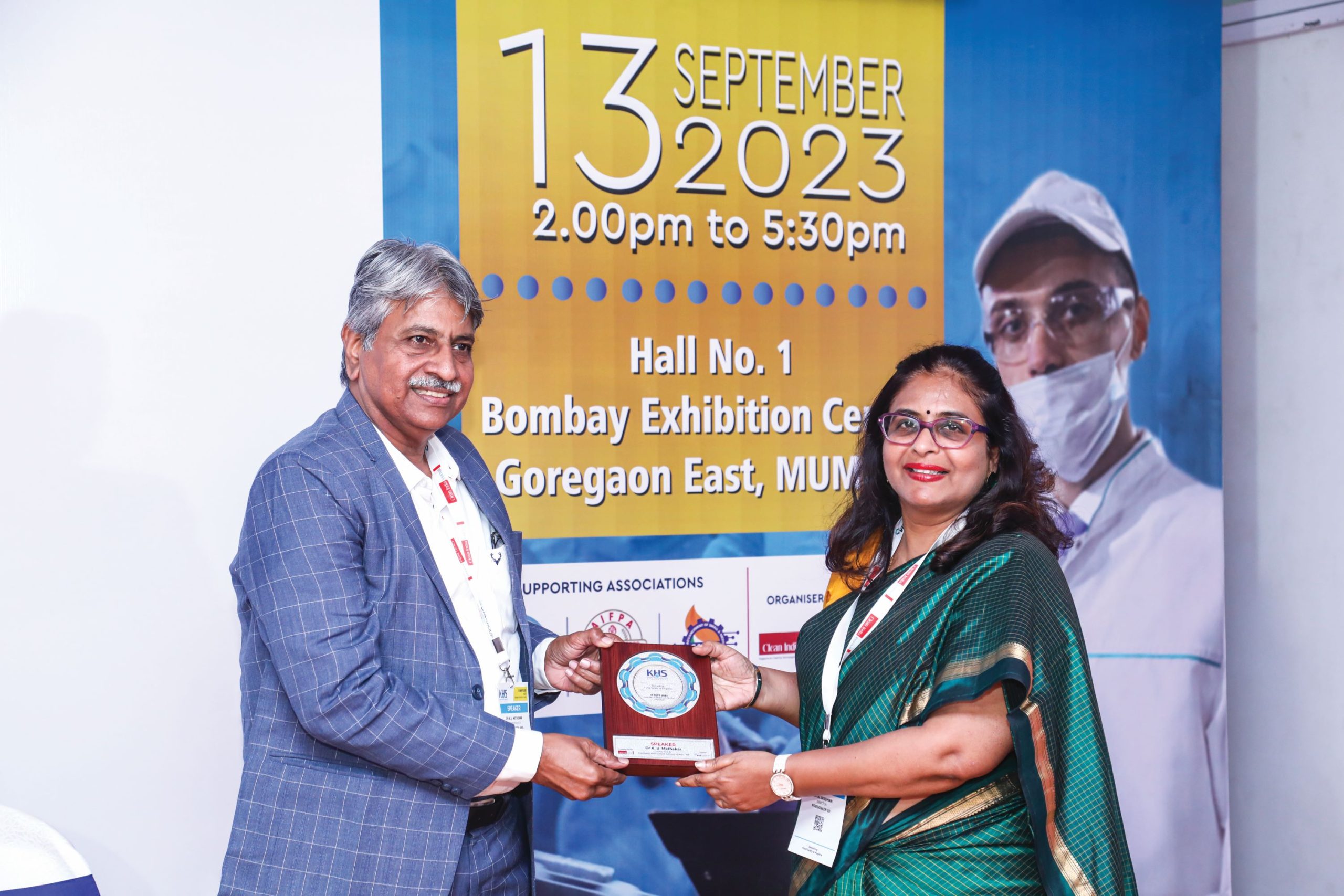
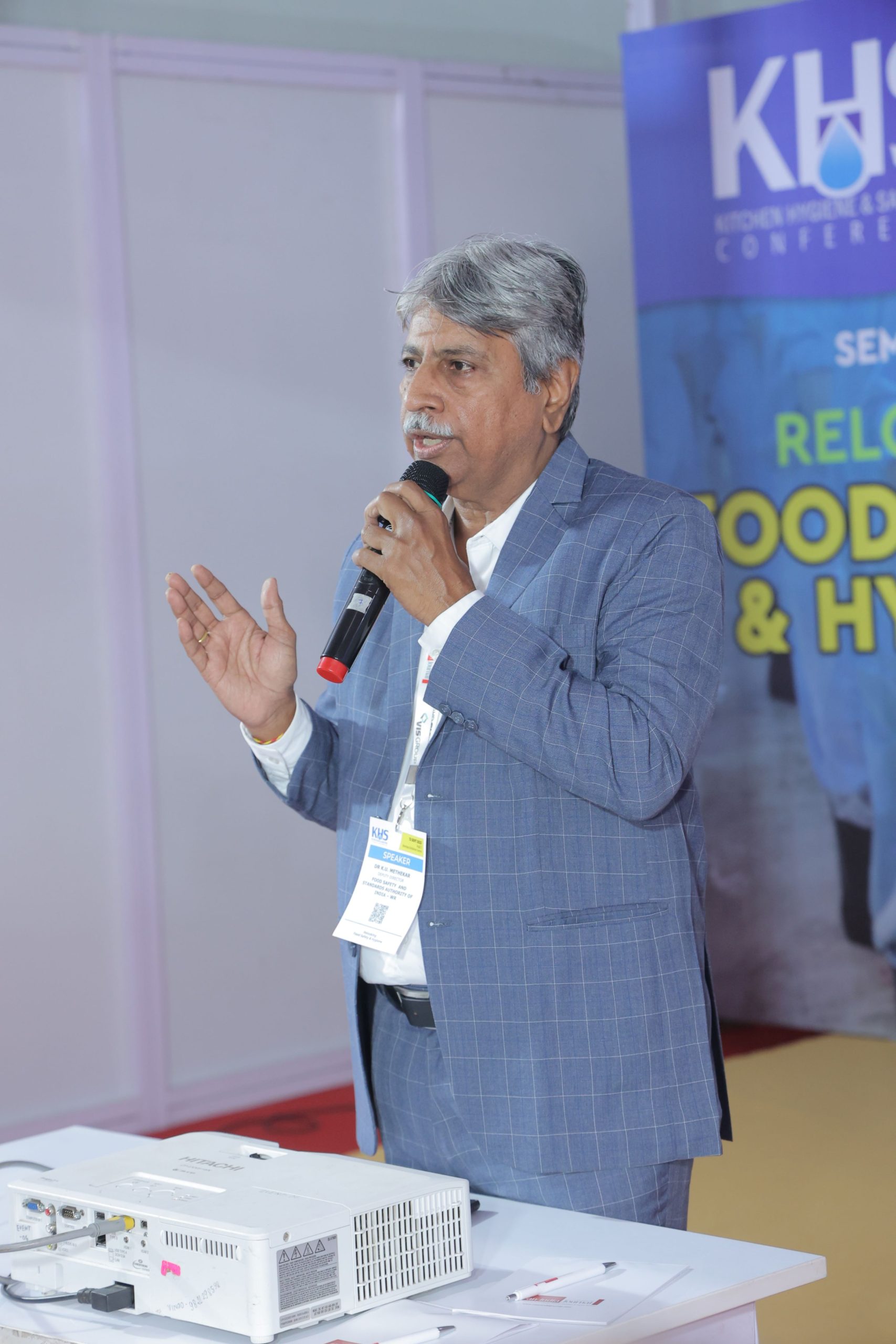


1 comment
Fantastic coverage, Clean India Journal Editor! Your blog brilliantly encapsulates the key takeaways from the seminar, providing valuable insights into the dynamic landscape of food safety and hygiene.
In the context of last-mile delivery, what are some specific digitalized services that have proven effective in ensuring the 5 Es – Efficiency, Effectiveness, Economical, Ethical, Environment-friendly, and how can businesses seamlessly integrate them into their operations?
Your emphasis on the importance of digitalized, customer-centric services for a sustainable approach is spot on. Looking forward to more blogs unraveling the nuances of food safety practices and emerging technologies in the industry.